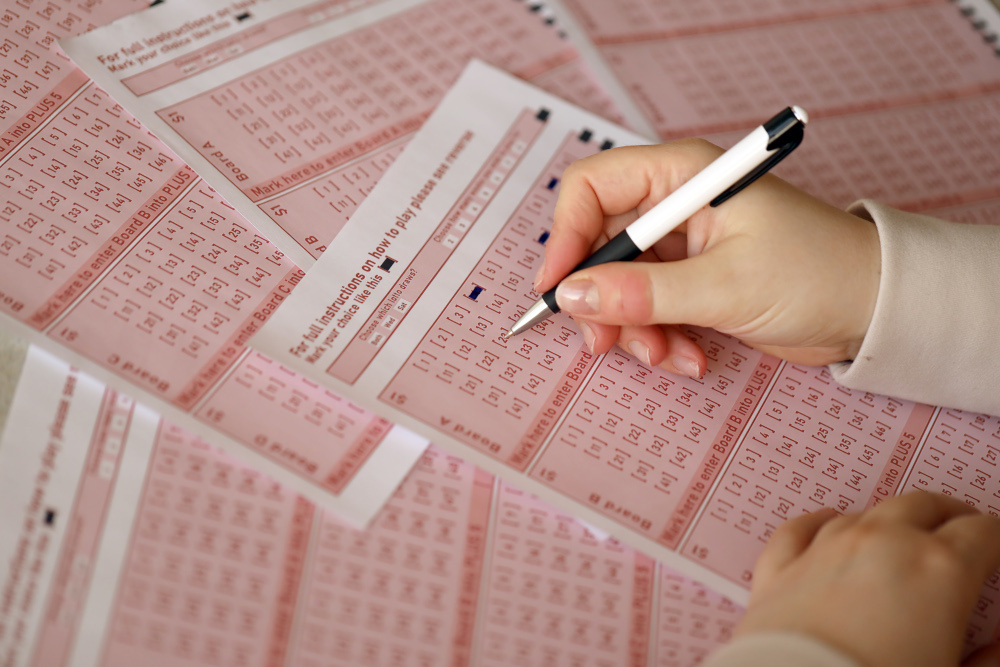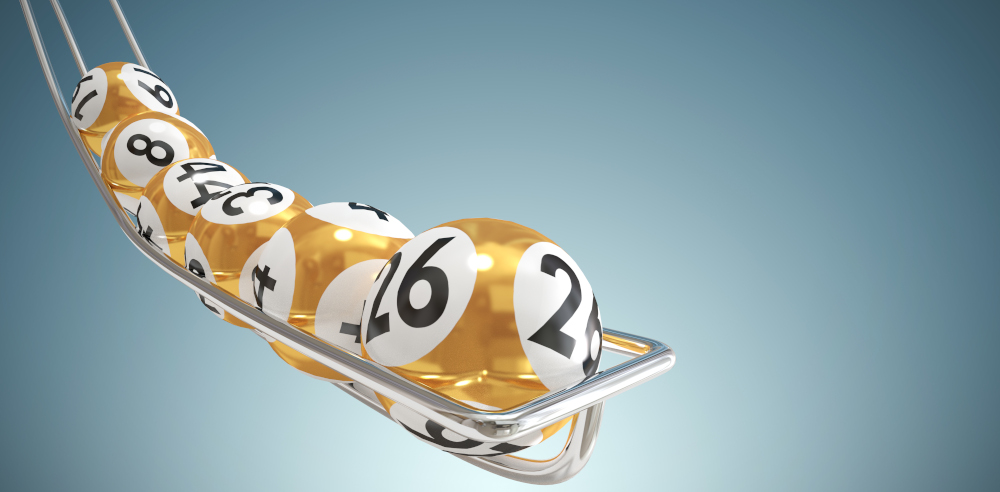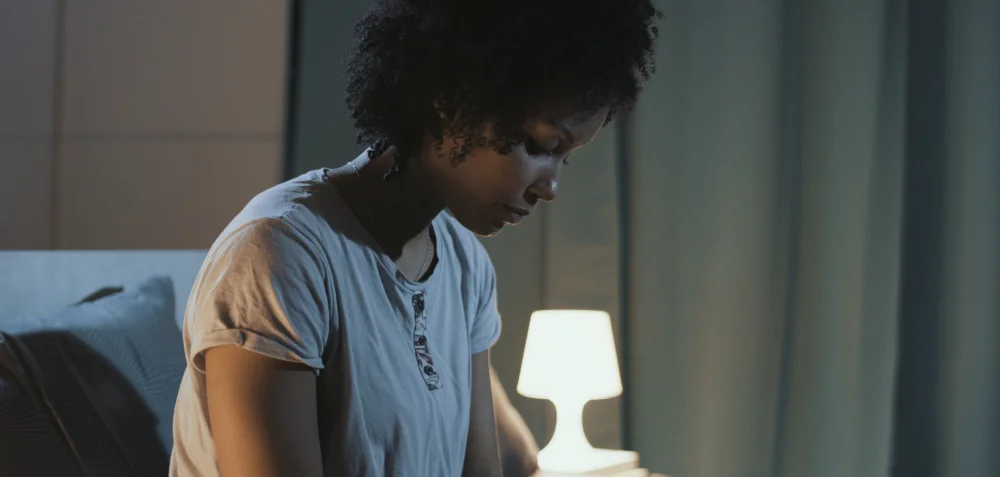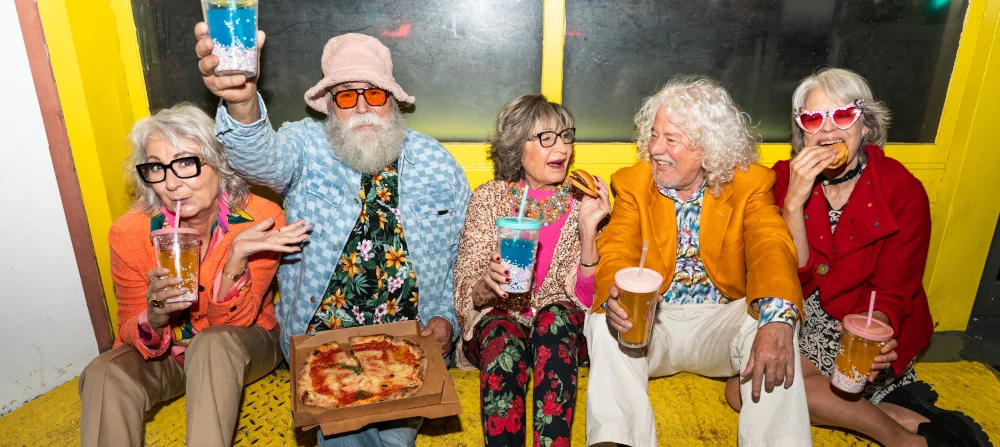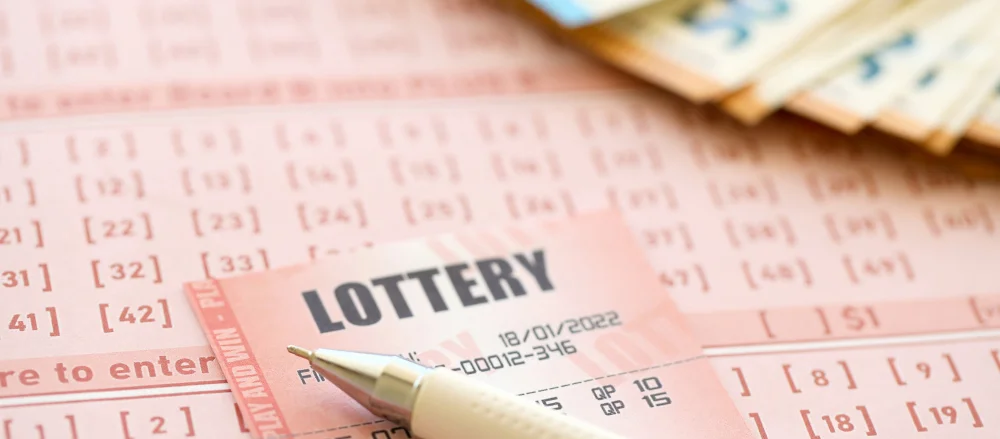
There’s something about standing in line at a corner shop in South Africa that feels quietly universal. A smell of pies in the warmer, a newspaper folded awkwardly on the counter, and there it is, bright, scratchy, humming with potential, the Lotto machine. A flick of the wrist, a mark on the slip, and with that, ordinary life pauses for a second. It’s a ritual layered into South African culture, neither flashy nor formal. Whether you’re in Cape Town or Katlehong, whether you earn your living from a mining shaft or an office cubicle, that small slip of paper becomes a kind of collective national daydream.
But scratch beneath that surface and the South African National Lottery is much more than a hopeful flutter. It’s part of a broader fabric, a strange and sometimes complicated story of money, luck, and community. It’s not just about who wins the jackpot. It’s about what happens behind the scenes, what happens to the money that isn’t won, and the human pulse behind those R2.50 tickets.
For starters, the scale is enormous. Launched officially in March 2000, the South African Lottery made an immediate impact, over 800,000 tickets were sold on its first day. That figure wasn’t just marketing gloss, it reflected a public hunger not just for sudden wealth but for something deeper, an investment in shared hope, especially in a country still finding its feet in the post-apartheid era. Back then, even if you didn’t win, you knew a chunk of that money, around 27%, would filter back into schools, sports programmes, arts projects. That’s a rare thing in global lotteries, a balance between personal luck and public benefit.
And yet, for all its institutional presence, the lottery holds onto an air of unpredictability. Take the biggest PowerBall jackpot in the country’s history, R232 million, claimed in February 2019 by a single anonymous winner in Cape Town. The scale of that win didn’t just make headlines, it set off a kind of urban legend energy. Who was it? What did they buy? Were they still living in the same house in Mitchells Plain or Sandton? In South Africa, where public safety is always part of the conversation, anonymity isn’t just a choice, it’s self-preservation. The law allows winners to keep their names out of the news, which gives the whole thing an added layer of mystery.
But this isn’t Las Vegas. South African punters aren’t spending thousands on flashy VIP tables. A single Daily Lotto ticket costs just R2.50. That low buy-in is what gives the lottery its grassroots feel, it belongs as much to pensioners in Gqeberha as it does to tech bros in Jozi. It’s also why unclaimed prizes are such a phenomenon. If you win a few hundred thousand and never check your ticket? After 365 days, that money doesn’t go back to the operators, it’s rerouted into the National Lottery Distribution Trust Fund, financing anything from rural sanitation to community arts projects.
There’s something undeniably poetic about that, missed luck becoming someone else’s opportunity. You don’t get that from just any game of chance.
 The lottery sits in an interesting tension with South Africa’s broader gambling culture. Unlike slot machines or sports betting apps, it’s viewed as more “acceptable” across many social circles. Grandmothers play it. Church groups use it as fundraising inspiration. It doesn’t carry quite the same social baggage, even though the mechanics aren’t all that different. You’re still playing odds, still betting on chance. And for those concerned about problem gambling, the National Lotteries Commission is unusually proactive compared to international counterparts. There are legally mandated responsible gambling measures in place, including ‘no purchase necessary’ promotions that let people take part without paying, a small but telling sign of the regulator’s awareness.
The lottery sits in an interesting tension with South Africa’s broader gambling culture. Unlike slot machines or sports betting apps, it’s viewed as more “acceptable” across many social circles. Grandmothers play it. Church groups use it as fundraising inspiration. It doesn’t carry quite the same social baggage, even though the mechanics aren’t all that different. You’re still playing odds, still betting on chance. And for those concerned about problem gambling, the National Lotteries Commission is unusually proactive compared to international counterparts. There are legally mandated responsible gambling measures in place, including ‘no purchase necessary’ promotions that let people take part without paying, a small but telling sign of the regulator’s awareness.
Yet, perhaps the most overlooked element is how digitisation has shaped the South African Lottery in recent years. Sure, you can still queue in-store, but increasing numbers of players buy tickets online or via banking apps. This shift matters, especially in a country where access isn’t always equal. In rural areas where there might not be a corner store within walking distance, but there is patchy mobile signal and a smartphone, the ability to buy a ticket digitally opens up participation. It’s subtle, but it matters.
The National Lottery isn’t just numbers and prizes, it’s mood. It’s that 2, 47 a.m. buzz, when someone wakes up to check the results, still bleary-eyed from sleep, thinking maybe, just maybe. It’s the uncle who insists on playing the same set of numbers every week because “they came to me in a dream.” It’s the cousin who once won R400 and swore it changed their whole month.
Underneath all the practicalities, there’s something genuinely human about it. In a country where inequality is stitched into everyday life, the lottery functions as a quiet equaliser, not just in the possibility of winning but in the communal rituals around it. Everyone queues the same way. Everyone taps the same app. Everyone holds that ticket in the same silent pause while the numbers roll out.
That’s what makes it so deeply South African, not the size of the jackpot, but the small, consistent rhythm of it all. The idea that once a week, with a slip of paper or a swipe of your phone, you can step outside ordinary life for a moment. And whether you win or lose, you’re part of something bigger than just yourself. A flicker of hope, as steady as it is fleeting.


